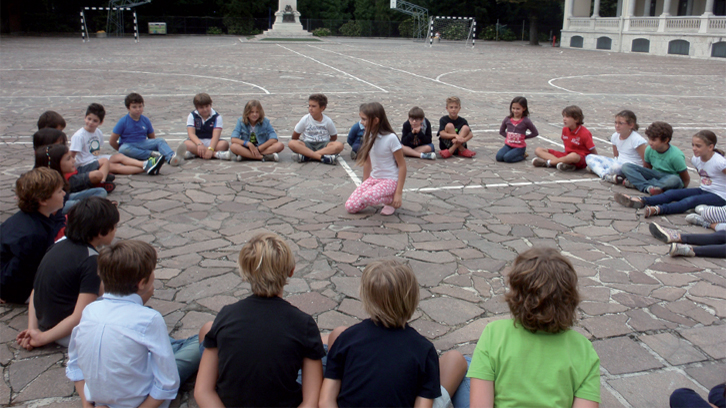Can School Demand Result in the Improvement of Catalonia's Education System?

Several countries are introducing school choice reforms to give parents more opportunities to decide which school their children attend. In most OECD countries, an initial geographical assignment in an elementary school is accompanied by more flexible choice options as for higher levels of education. The objective of this study is to test whether there is strategic interaction in parents’ choice in a progressive choice-flessible system. We address two main research questions. First, we target to assess the extent to which parents’ choice of public school depends on the quality of school management rather than other features as the distance from their place of residence. Once established these determinants, we turn to identify the potential existence of spatial dependence. To be concrete, we are interested in understanding whether the demand for a selected school is partially driven by the competition effect given by its neighbors’ performance. This question is very relevant because a potential territorial competition among nearby public schools influences demand from parents.
Our data refer to 1,127 public primary schools in Catalonia for the academic year 2009-2010. We consider public schools located in urban municipalities (namely those with more than 5000 inhabitants). First, we confirm that in an enrollment system with increasing choices parents perceive the quality of school management proxied by schools’ performance. The more efficient a school is, the greater the demand from parents. Second, spillovers effects play an important role: parents’ demand for a public school rises with the increasing demand for neighboring schools. However, the better performance of neighboring schools directly reduces the demand for one school, but it also triggers the latter to improve the quality of the management.
As parents perceive how the school performs, they can better decide the most suitable one for their children by taking into account selected factors including the quality of the management. This result is robust to additional potential features referring to the geographic environment, family income or the presence of private schools.
This evidence confirms the presence of a competitive dynamics in the education market in Catalonia that forces public schools to perform as well as they can in order to maintain high demand. The impact of neighbors’ performance on the demand for a school is substantial, and it contributes to the higher engagement in competition for students and resources. Therefore, it seems likely that there is room for relatively new initiatives to raise school quality, motivation, and competition. By taking into account the relevance of spatial issues, a selective policy to encourage schools to adopt innovative teaching plans should be developed at a local level. A school-quality policy adopted in a neighborhood not only affects the schools in that area, but it is also expected to influence the demand for schools in adjacent zones. To the same extent, the magnitude of territorial imbalances in the demand for schools should encourage policy makers to increase efforts to reduce the existing differences in the education supply across different areas
Department of Business
Universitat Autònoma de Barcelona
Rosella Nicolini
Rosella.Nicolini@uab.cat
Department of Applied Economics
Universitat Autònoma de Barcelona
Diego Prior
Diego.Prior@uab.cat
Department of Business
Universitat Autònoma de Barcelona
References
Laura López-Torres, Rosella Nicolini, Diego Prior. Does strategic interaction affect demand for school places? A conditional efficiency approach. Regional Science and Urban Economics. Volume 65, July 2017, Pages 89-103.
https://doi.org/10.1016/j.regsciurbeco.2017.05.003

